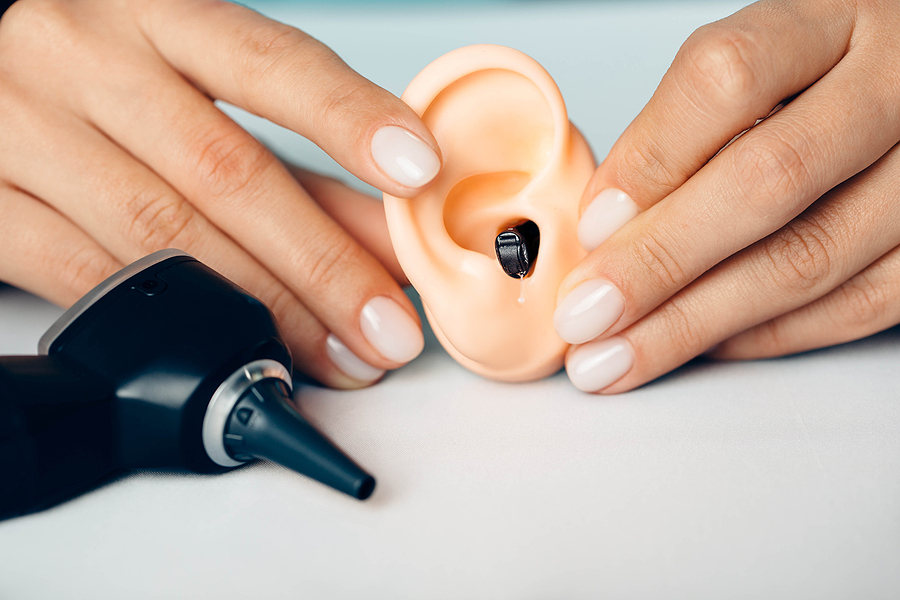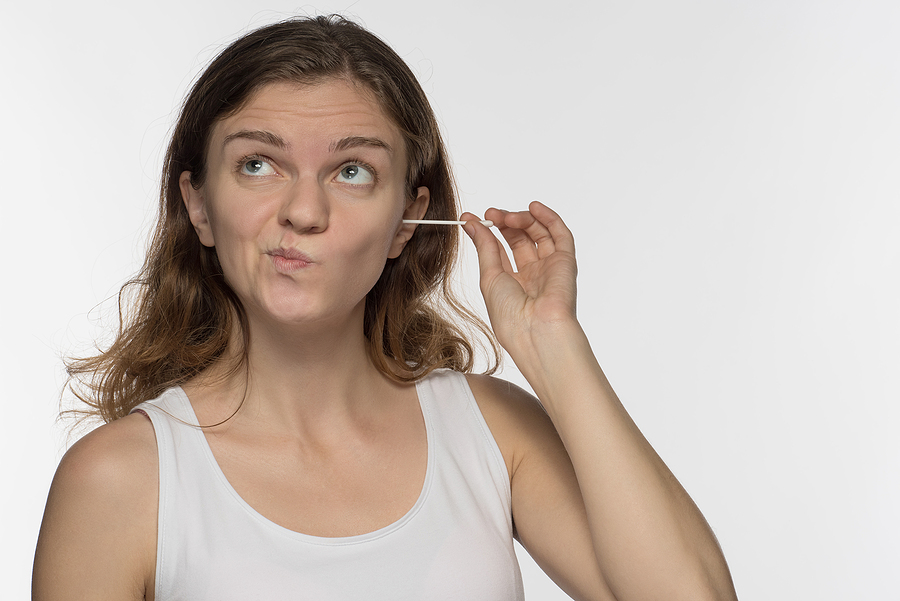How Exercising Impacts Hearing Health
Return to Blog

How Exercising Impacts Hearing Health
Regular exercise isn’t just about staying fit, it also has a significant influence on overall health, including hearing health. To understand the connection between exercise and hearing health, it’s crucial to learn the basics of how our ears function and the factors that can lead to hearing loss. Hearing loss can stem from various causes, including aging, exposure to loud noises, and certain medical conditions.
Exercise and Blood Circulation
Exercise plays an important role in improving blood circulation throughout the body, including the inner ear. The cochlea, a vital component of our auditory system, relies on a steady supply of oxygen-rich blood to function optimally. By enhancing blood flow, exercise helps nourish the cells in the inner ear, potentially leading to better auditory function.
Cardiovascular health and hearing health are closely linked. Conditions like high blood pressure, heart disease, and diabetes can increase the risk of hearing loss. Regular exercise is known to enhance cardiovascular health by strengthening the heart, lowering blood pressure, and reducing the likelihood of chronic diseases, thereby potentially lowering the risk of hearing loss.
Managing Stress and Mental Health
Stress and anxiety can take a toll on overall health, including hearing health. Prolonged stress can elevate cortisol levels, which may damage the delicate hair cells in the inner ear. Exercise is an effective stress management tool as it triggers the release of endorphins, improves mood, and promotes relaxation, all of which can positively impact hearing health.
Exercise contributes to overall well-being, indirectly benefiting auditory function. Maintaining a healthy weight, reducing inflammation, and improving sleep quality are crucial aspects of preserving hearing health. By incorporating regular exercise into your routine, you can enhance overall health and support your auditory system.
If you’re looking to improve your hearing health through exercise, consider incorporating a variety of activities into your routine. Aim for at least 150 minutes of moderate-intensity exercise per week, including cardiovascular exercises, strength training, and flexibility exercises. Choose activities you enjoy to make exercise a sustainable part of your lifestyle.
Exercise is not only essential for physical fitness but also for maintaining healthy hearing. By promoting healthy blood circulation, reducing the risk of cardiovascular disease, managing stress, and enhancing overall well-being, regular exercise can have a positive impact on auditory function. Make exercise a priority in your life to support your hearing health and overall well-being.



